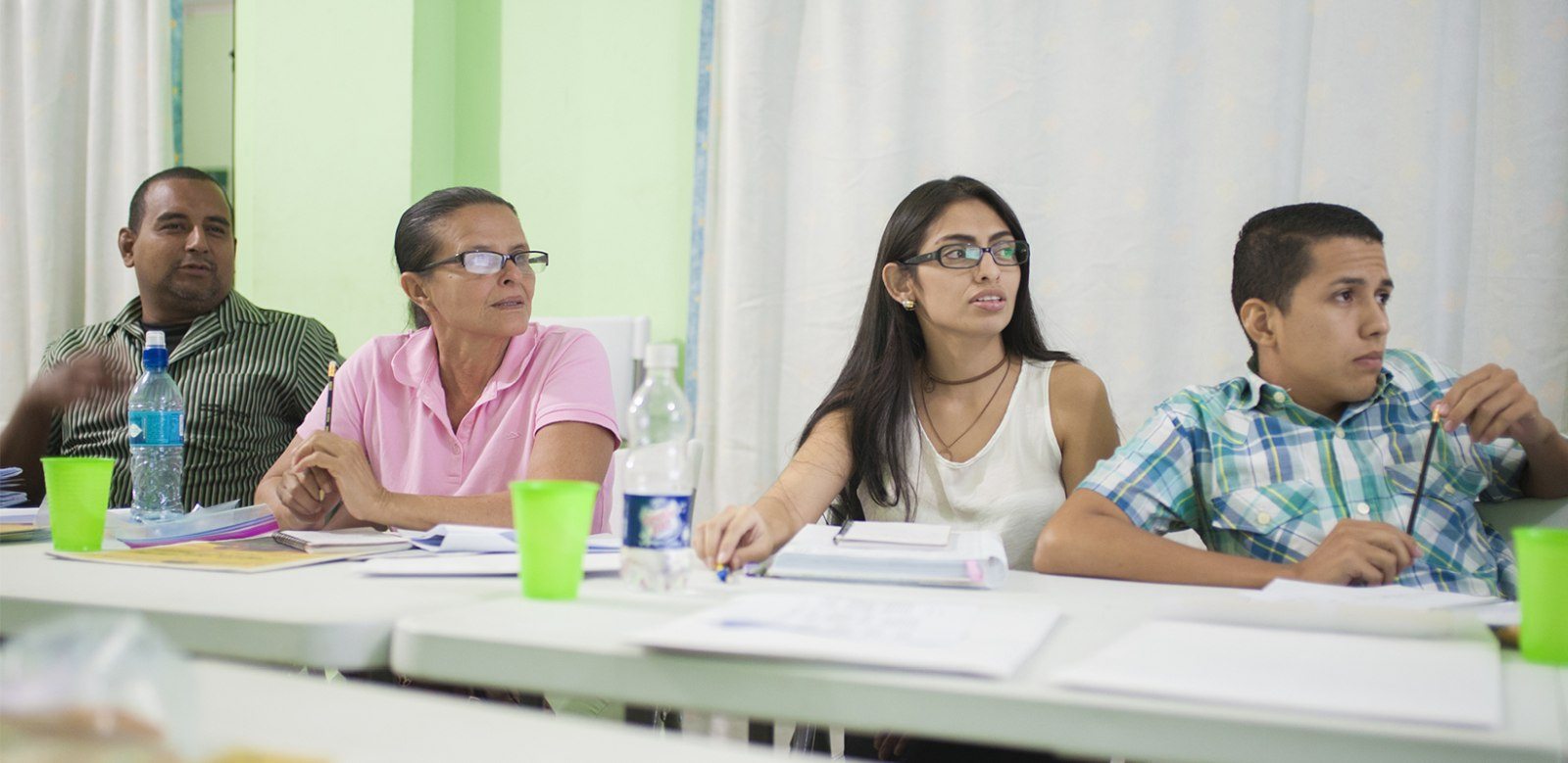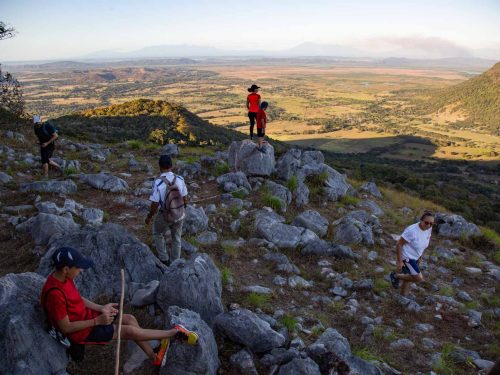
Five community leaders in Santa Cruz have been trained and are ready to become part of La Voz de Guanacaste’s first network of local informants.
They will keep our journalists up to date on happenings and complaints in Tamarindo, Cartagena, El Cacao, Guaitil, and central Santa Cruz (see a list of contacts below).
They will also request public documents, interview regional authorities, and write articles. These citizen journalists will be guided by our staff.
These informants have participated in a four-hour workshop given by Diego Arguedas Ortiz, professor of journalism at the University of Costa Rica. Ortiz explained basic concepts of journalism and gave them key tools so that they can hold public institutions accountable and write simple articles.
“With so many problems in the community, sometimes you don’t know where to ask for information. These workshops help us a lot to get to know what the association does and hold them accountable,” said Damaris Viales, who participated in all of the workshops and is a member of the Cartagena development association.
“They are citizens and, as such, they have the right to hold public functionaries accountable regarding how they spend money. Having this information is empowering,” said this newspaper’s editorial director María Fernanda Cruz.
The workshop was part of the Guanadata initiative, which is a program run by La Voz de Guanacaste and financed by Trust for the Americas in order to make the municipality of Santa Cruz’s work more transparent. Trust for the Americas is part of the Organization of American States.
Guanadata consisted of an investigation that showed how the local government has underutilized funds for six consecutive years. The chief reason they do not spend the money is because projects are poorly designed from the outset. This, in turn, is mainly due to the lack of training for government and community leaders to fight for specific line items on monies that enter municipal coffers from the national budget.
Because of these results, La Voz de Guanacaste and the Institute of Municipal Development and Support developed a two-day workshop focusing on budgets with government officials and members of development associations.
The workshop’s leader, Ingrid Rodríguez, explained to the 25 participants how municipal budgets work and how officials can be more efficient when presenting their projects to participate in specific budgetary line items.
Five of them were chosen to participate in the journalism workshop based on their abilities and interest in all things related to the community.
“In La Voz we have always believed in the value of incorporating citizen journalists as a tool to generate more news in conjunction with investigative or informative journalism,” said Emiliana García, Executive Director of La Voz.
“Trained citizen journalists who are interested in finding solutions or answers in their communities, on the condition that they be guided by a journalist or editor, is a fundamental part of democratizing public information,” said García.
Contacts:
- Tamarindo: Julliam Cortés, j[email protected]
- El Cacao: Moisés Navarro, [email protected]
- Cartagena: Damaris Viales, [email protected], 8367-1148.
- Guaitil: Alicia Briceño, [email protected]
- Santa Cruz Centro: Jesús Quesada Rosales, [email protected]







Comments